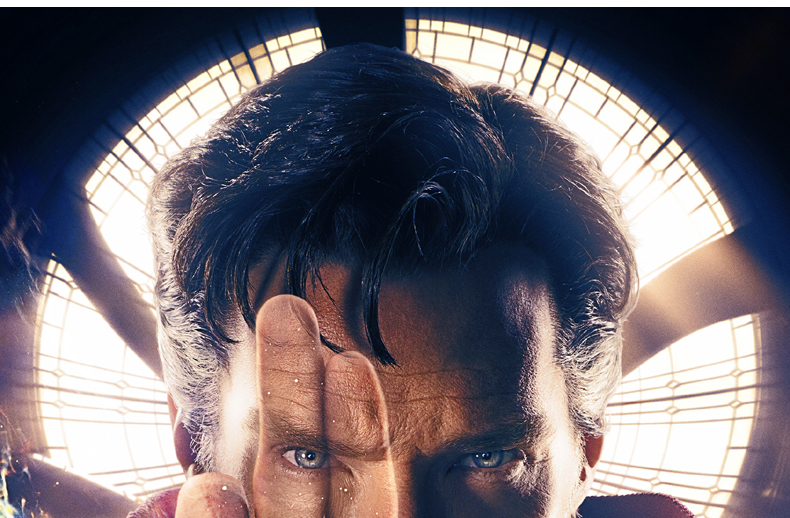Movies have the power to move us in ways that are often indescribable. They can evoke emotions, transport us to different worlds, and make us feel as though we are living a thousand lifetimes. This is why films are considered one of the most powerful art forms in existence today. But beyond their entertainment value, there's an intangible quality that sets some movies apart from others: the feeling of being deeply moved by the stories they tell. This article explores what makes certain movies so emotionally compelling, using the phrase "超越电影的感动" to describe those experiences.

The first key to understanding the kind of emotional impact that films can have on viewers lies in their ability to tap into universal themes and human experiences. Whether it's love, loss, hope, or despair, these are the common denominators that resonate across cultures and generations. For instance, films like "Gone with the Wind" and "Casablanca" capture the essence of love and war in such profound ways that they continue to be loved and discussed decades after their release. The fact that these movies still hold relevance speaks to their timeless appeal and their ability to touch upon fundamental truths about the human condition.
Another factor that contributes to the emotional impact of films is their storytelling capabilities. A great movie story is not just about its plot but also how it's told. From the opening sequence to the closing credits, every aspect of the narrative—including cinematography, sound design, music, and editing—work together to create an immersive experience that draws viewers into the film's world. For instance, the iconic scene in "The Shawshank Redemption" where Andy Dufresne plays Mozart’s Symphony No. 40 in C minor for his fellow prisoners serves both as a testament to his spirit and a poignant tribute to the beauty of music. Such moments illustrate how effective storytelling can elevate a film from good to great.
A third element that contributes to the emotional impact of films is their ability to evoke empathy in viewers. By putting us in the shoes of characters who are facing challenges similar to our own, movies allow us to relate and connect with their struggles. This is especially true when movies deal with issues that are relevant to contemporary society, such as mental health (as seen in "Dark Knight"), racial inequality (in "12 Years a Slave"), or political turmoil (in "Schindler's List"). These films not only entertain us but also make us question our own values and beliefs, fostering a deeper understanding of the human experience.
Finally, it's worth noting that certain films have an added layer of emotional resonance due to their historical context or cultural significance. For example, watching "The Deer Hunter" during the COVID-19 pandemic might provoke a different set of emotions than if it was viewed before or after such a global crisis. Similarly, films like "Black Panther," which showcase diverse cultures and perspectives, might resonate more loudly today than ever before given current societal conversations around race and representation. By capturing specific moments in time and place, movies can become mirrors reflecting our present reality, offering insights into our collective history and future direction.
To summarize, what sets certain movies apart is their capacity to move us beyond mere entertainment and into a realm of profound emotion. This emotional impact comes from a combination of universal themes, effective storytelling techniques, empathetic character portrayals, and cultural significance. As we look back on our favorite films throughout our lives, it's often these elements that stay with us long after the credits roll, reminding us that sometimes the greatest stories are not just ones we see but ones we feel deep down inside.
推荐阅读》未经允许不得转载:» 超越电影的感动英语(感动超越影视英语)

 家长点评网
家长点评网











